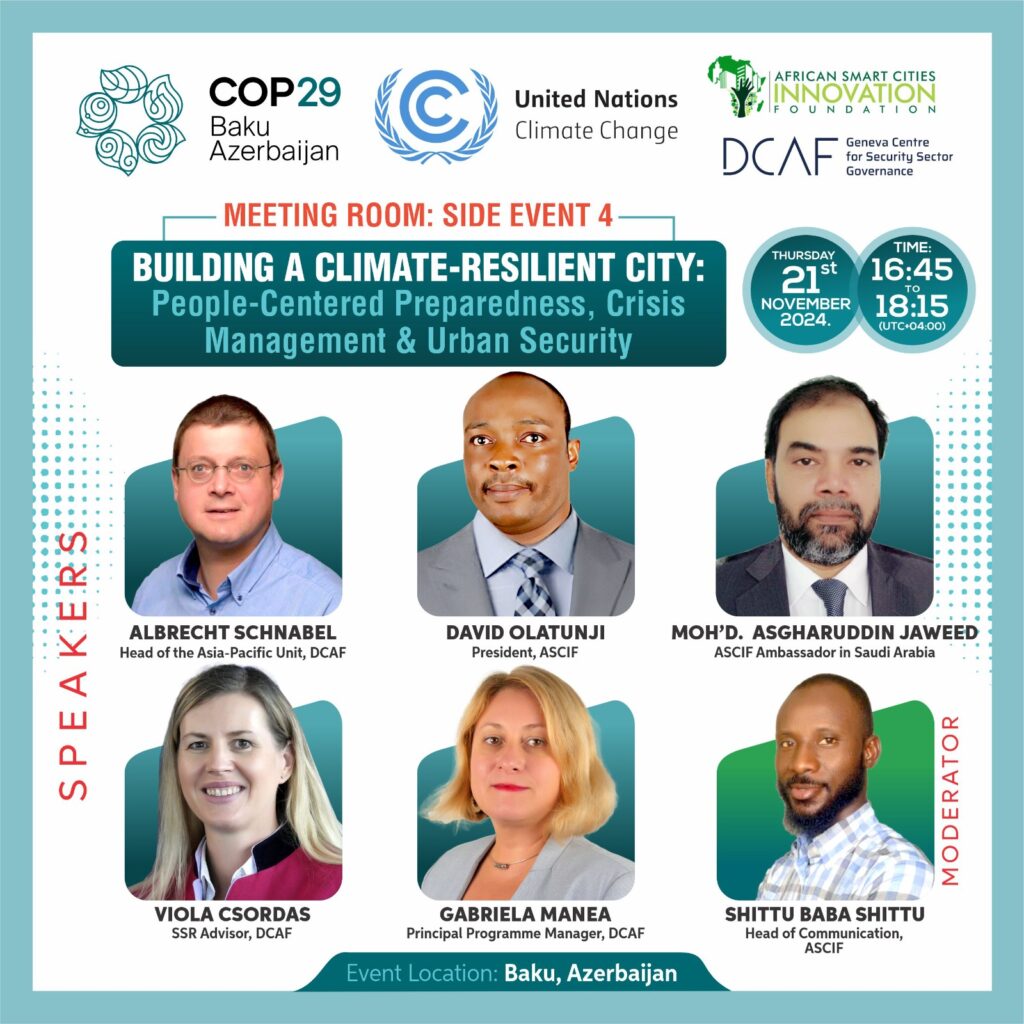10 Reasons Why Climate Change is an Important Issue
Climate change is a pressing issue, often seen as a distant problem for future generations. However, its impact is already being felt today, and for the development of smart cities in Africa, it is an especially critical concern. Here are 10 Reasons Why Climate Change is an Important Issue in the context of African smart cities:

1. Protecting Africa’s Unique Wildlife
Africa is home to a rich diversity of wildlife, from majestic elephants to rare species like the mountain gorilla. Climate change threatens these animals by altering their habitats, reducing food sources, and increasing the frequency of droughts and wildfires. Preserving Africa’s incredible biodiversity is not only vital for the ecosystem but also for the cultural heritage of the continent.
2. Securing Essential Resources Like Coffee
Africa is one of the world’s largest coffee producers. Climate change, however, is jeopardizing this vital industry by reducing harvest yields and increasing pests. The knock-on effect could be devastating for both local economies and global markets. Beyond coffee, climate change also threatens other critical crops, impacting food security across the continent.
3. Safeguarding Africa’s Coastal Ecosystems
The continent’s coastlines and marine life are particularly vulnerable to rising sea levels and ocean acidification. Coral reefs, which support local fisheries and tourism, are at risk of bleaching and dying off. Preserving these ecosystems is crucial for the livelihoods of millions of Africans who depend on the ocean for food and income.
4. Ensuring Access to Clean Water
Water scarcity is a growing concern in many parts of Africa. Climate change exacerbates this by disrupting rainfall patterns, leading to more severe droughts and floods. Smart cities must prioritize sustainable water management to ensure that all citizens have access to clean, safe water.
5. Mitigating the Impact of Extreme Weather Events
Africa is already experiencing an increase in extreme weather events, from devastating floods to severe droughts. These events not only cause loss of life and property but also strain resources and slow down economic progress. Building resilient infrastructure is essential for smart cities to withstand these challenges.
6. Protecting Africa’s Rainforests

The Congo Basin, known as the world’s second-largest rainforest, is a critical carbon sink and biodiversity hotspot. Climate change, coupled with deforestation, threatens this vital ecosystem. Sustainable practices and conservation efforts must be at the forefront of smart city planning to protect these irreplaceable natural resources.
7. Improving Air Quality for Better Health
Air pollution is a growing concern in rapidly urbanizing African cities. The increase in carbon emissions contributes to poor air quality, which can lead to respiratory illnesses, heart disease, and other health problems. Transitioning to cleaner energy sources and promoting green transportation options are key to ensuring healthy living environments in African smart cities.
8. Embracing Clean Technology
The shift towards clean energy and innovative technologies presents a significant opportunity for Africa. Solar power, wind energy, and other renewable resources can not only reduce carbon footprints but also provide reliable energy in regions where electricity access is limited. Investing in clean tech can drive sustainable development and create jobs in smart cities.
9. Addressing the Global and Local Impact
Climate change is a global issue, but its effects are often felt most acutely at the local level. In African smart cities, the repercussions of climate change can be seen in food insecurity, water shortages, and displacement due to extreme weather. Local action is critical, and African cities must lead the way in climate resilience.
10. Preserving the Future for Generations to Come
The decisions made today will shape the world that future generations inherit. African smart cities have the potential to become models of sustainability and resilience, ensuring a better future for all. By taking action now, we can protect our planet and provide a legacy of hope and prosperity for our children and their children.
In conclusion, the fight against climate change is not just a global imperative but a local necessity for African smart cities. By taking decisive action now, these cities can secure a sustainable and prosperous future for their residents, setting the stage for a new era of urban development in Africa. The road ahead may be challenging, but with determination, innovation, and collaboration, African smart cities can emerge as leaders in the global effort to combat climate change.







